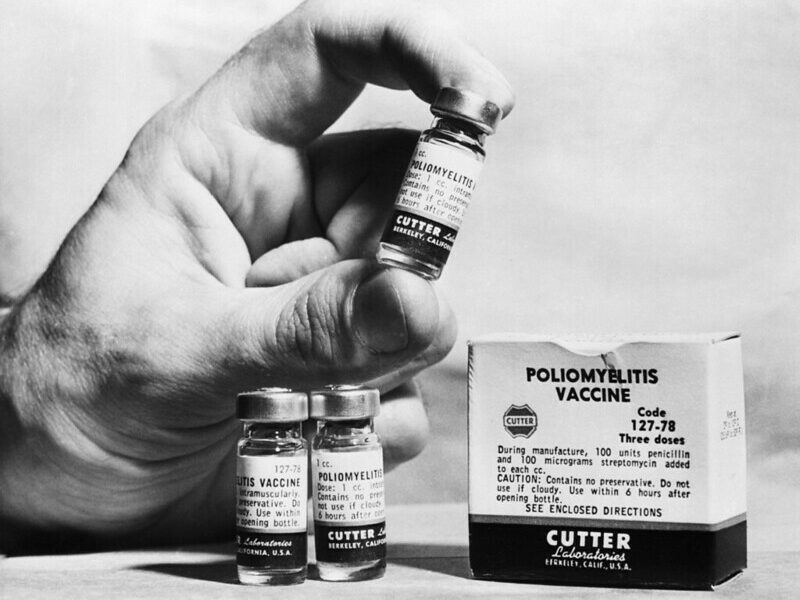Late last week, Brazil’s health minister Alexandre Padilha warned of an impending dengue epidemic, due to the discovery of type 4 dengue virus in Rio de Janeiro. This warning came at the same time as the beginning of the Brazilian Carnival celebrations. Around half a million foreign visitors are expected between Feb. 17 and Feb. 26, 86,000 by cruise ship in Rio alone, raising the risk that the epidemic could spread.
One year ago, it was reported that type 4 dengue had re-entered Brazil, but mostly confined to the North. Since then it has spread further, becoming endemic in southern parts of the country, like Rio. Types 1 and 3 are the most common in Brazil, with type 1 virus still making up the majority of cases in the country.
Brazil’s public health department takes the potential for diseases to spread during Carnival seriously. Condoms are passed out to prevent the spread of HIV. In Rio de Janeiro, health centers are equipped to handle increased capacity as approximately 5 million people join in the celebrations. By Tuesday, Rio had already seen a 26% increase in people seeking care at medical centers compared to last year.
Dengue causes two main types of illness: mild and hemorrhagic. People with mild dengue fever experience high fevers, bad headaches, and aches in their joints and muscles. Most people recover within about two weeks, but for a small number of people, the illness gets worse after the first week. They may have vomiting and abdominal pain. Their smallest blood vessels can become leaky, leading to fluid build up in the belly or around the lungs. These fragile capillaries can burst easily, leading to bloody noses or other bleeding that gives hemorrhagic fever its name. These complications can sometimes be fatal.
There are four types of virus, and getting sick with one type will protect someone from getting that type again. But each time someone gets infected with a new type of dengue, the illness is likely to be worse and the chances of it becoming hemorrhagic increase. Like most viruses, there is no drug to treat dengue. Supportive medical care is crucial to help people affected by hemorrhagic fever. No vaccine yet exists, but a number are going through trials.
Spread by mosquitoes, it is endemic in tropical areas like Brazil, but reducing exposure to infected mosquitoes can help prevent the spread of the virus. Applying insect repellent, using window screens and air conditioners help minimize the risk of mosquito bites. Since mosquitoes lay eggs in standing water, it is important to clean items that collect rainwater on a weekly basis.
The introduction of type 4 dengue virus into Rio during Carnival is an unfortunate step back in dengue control that may increase the risk of hemorrhagic fevers.
Track dengue in Brazil and around the world on the Dengue Map!
